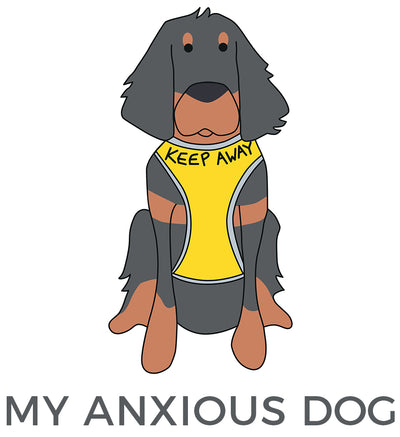When you’re dealing with an anxious or nervous dog, choosing the right professional to help is critical. The choice between a dog trainer and a behaviourist often depends on the specific challenges your dog is facing. Understanding their roles can help you make the best decision for your furry friend.
What Does a Dog Trainer Do?
Dog trainers focus on teaching your dog new skills and behaviours. They can help with:
- Everyday Training: Loose lead walking, recall, sit, down, stay, and focus.
- Puppy Foundations: Crate training, toilet training, and settling into night time routines.
- Enrichment: Games to play indoors and outdoors to stimulate your dog.
- Advanced Skills: Tricks, Agility, Scent work like UK Sniffer Dogs, Flyball, Canicross, or Mantrailing.

Dog trainers are invaluable for improving your dog’s manners and providing structured learning opportunities. However, they may not be equipped to address deep-seated emotional or behavioural issues stemming from fear, anxiety, or trauma.
What Does a Behaviourist Do?
Behaviourists address undesirable, abnormal, or dangerous behaviours. They have a deep understanding of:
- Canine Psychology: Including emotions, ethology, and neuroscience.
- Complex Issues: Reactivity, aggression, separation anxiety, or fear-based behaviours.
Behaviourists create customised behaviour modification plans using methods like counter-conditioning and desensitisation. These strategies focus on addressing the root causes of your dog’s issues rather than just the symptoms.
My Experience with Niki French
I’ve been fortunate to work with Niki French, an award-winning dog trainer who specialises in working with anxious and reactive dogs. Niki has helped my dog, Bella, feel calmer and safer through confidence-building games.
From using ACE Free Work to looking at Bella’s nutrition which will improving her gut health, the journey has been a huge learning curve for us. These changes, along with the structured exercises Niki taught us, have significantly improved Bella’s quality of life.


Choosing the Right Professional
It’s important to note that there are no laws dictating who can call themselves a trainer or behaviourist. This makes it crucial to research professionals before hiring them.
For Trainers:
- Look for certifications and education with professional organisations like PACT Professional Association of Canine Trainers
- Read testimonials and reviews from their website.
For Behaviourists:
- Check for accreditation with professional organisations such as the Association of Pet Behaviour Counsellors (APBC) or the International Association of Animal Behaviour Consultants (IAABC).
- Verify their experience with anxious and reactive dogs.
Issues with your dog around children?
Kids Around Dogs® (KAD) is an award-winning association of Dog Professionals and Child Care Professionals specialising in helping families and schools ensure children and dogs live harmoniously together.
Founded by Debby Lucken (ISCP.Dip.Canine.Prac.), KAD is renowned for its successful protocol to overcome the fear of dogs in children and adults. All KAD Approved Members are qualified to use this protocol, helping families build confidence and understanding between children and dogs.

The Role of Positive Reinforcement
No matter who you choose, positive reinforcement should be the cornerstone of any training or behaviour modification plan. This technique uses rewards like treats, verbal praise, or play to encourage desired behaviours. It’s a powerful and effective way to manage training and behaviour challenges.
For example, our Squeezy Reward Treat Dispenser is perfect for helping anxious dogs. It allows you to provide high-value rewards quickly and easily, helping to turn chaos into calm.
When to Choose a Behaviourist for Anxious Dogs
If your dog is anxious or reactive, always start with a qualified behaviourist. They’ll guide you through a behaviour modification plan tailored to your dog’s needs. These plans often use counter-conditioning and desensitisation techniques to address the underlying emotional issues.
Support for Owners of Anxious Dogs
Owning an anxious or reactive dog can feel isolating, but help is available. Join our community Anxious Dogs UK, where you can share stories, gain support, and learn more about helping your four-legged friend.
With the right professional and techniques, you can help your dog build confidence and lead a happier, calmer life.
Remember, every small step forward is a big victory for your dog!

